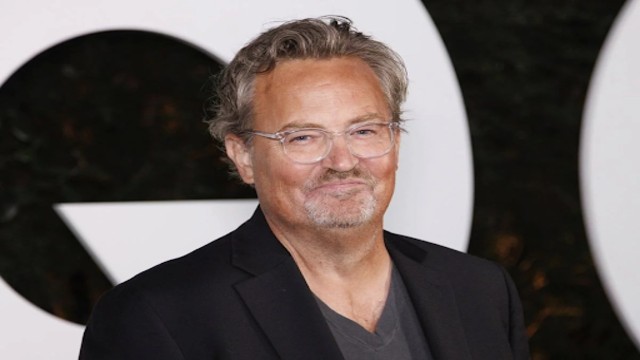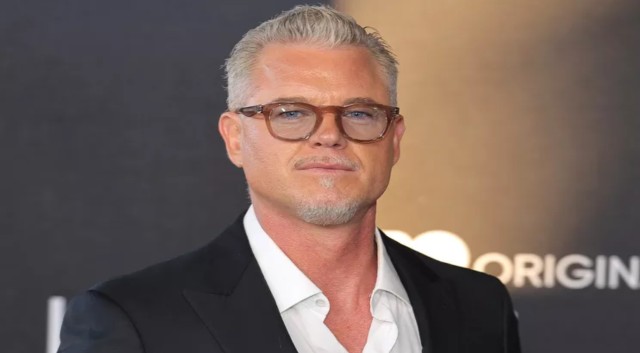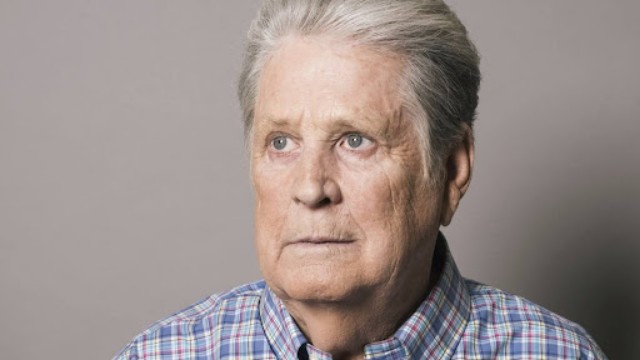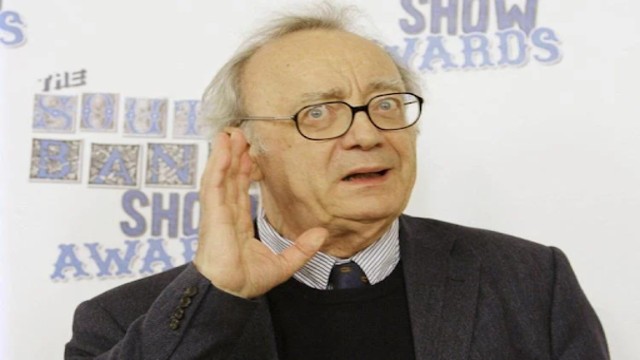
Austrian musician Alfred Brendel, recipient of the Classical Music Award for 'Retirement Concerts,' appears at the South Bank Awards in London on Jan. 20, 2009. AP Photo
Alfred Brendel, one of the most profound interpreters of Beethoven’s piano works, passed away peacefully in London on Tuesday. He was 94. His death was confirmed by the agency Bolton & Quinn.
Brendel’s artistry shaped the world of classical music for over sixty years. Known for his precision, emotional depth, and intellectual approach to music, he built a remarkable legacy performing works by Beethoven, Mozart, Schubert, Haydn, and Liszt.
From Humble Beginnings to Global Stage
Born on January 5, 1931, in Wiesenberg—now part of the Czech Republic—Brendel came from a family with no artistic roots. He once admitted that his childhood home was neither musical nor intellectual, pushing him to learn and explore on his own.
His early piano education included lessons in Zagreb and Graz. But the real turning point came when he started studying independently. Forced to flee during World War II, Brendel’s formal studies were interrupted. Still, he pursued music with resilience, eventually performing his first recital in Graz at just 17.
A Self-Taught Genius with Memorable Mentors
Brendel’s growth as a musician was marked by independent learning and chance encounters with great masters. He attended influential masterclasses by Edwin Fischer and Eduard Steuermann, who left lasting impressions on his musical outlook.
By age 16, he was already preparing for public recitals and began carving his place in the classical world. Despite limited formal training, his dedication and introspective nature made his interpretations unforgettable.
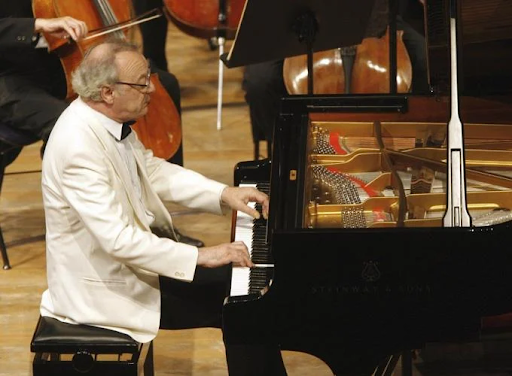
Beethoven, Carnegie Hall, and Worldwide Acclaim
Brendel became especially famous for his interpretation of Beethoven’s 32 piano sonatas, which he recorded three times over his career. His 1982–83 world tour, featuring 77 recitals in 11 cities, culminated in a month-long performance series at New York's Carnegie Hall.
He repeated the entire Beethoven cycle at Carnegie over three seasons in the 1990s. Critics noted his serious, almost philosophical playing style, often contrasted by gentle humor and expressive gestures.
A Literary Mind Beyond the Piano
While the piano made him famous, Brendel had another creative passion—literature. He was a published poet and lecturer who enjoyed sharing his thoughts and verses with audiences worldwide.
“I used to live a double life,” he once said. “I’m also a literary person—lecturing, reading my poems, and teaching.”
His poetry collection, Cursing Bagels, added another layer to his creative personality. Though he earned ten Grammy nominations, he never won. Yet his contribution to music was never measured in awards.
A Life Well Played
Alfred Brendel gave his final performance in 2008 with the Vienna Philharmonic, gracefully concluding a luminous career. He spent his final years in London, where he had lived since 1971.
In his own words, spoken in a 2012 interview: “When I was 50, I said to myself—I’ve done most of the things I wanted to do.”
With his passing, the world loses not just a pianist but a thinker, poet, and voice of music’s deepest truths.









